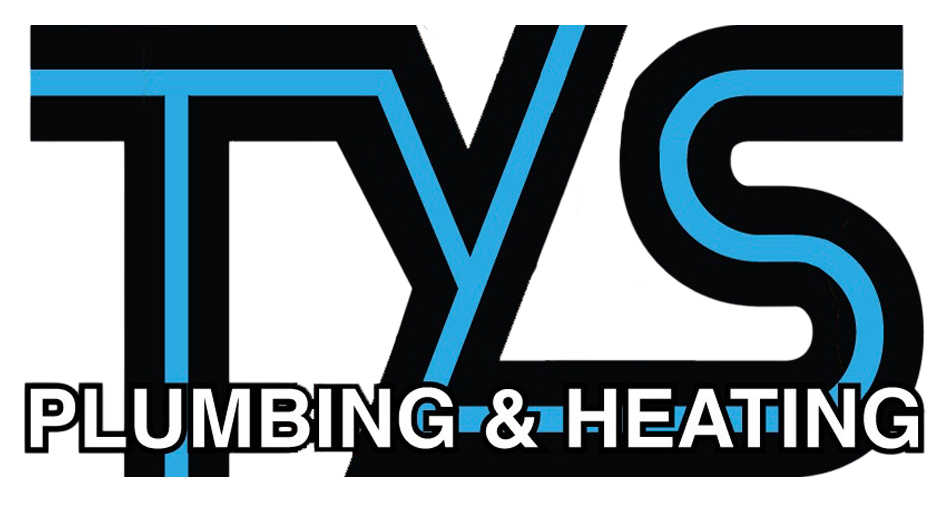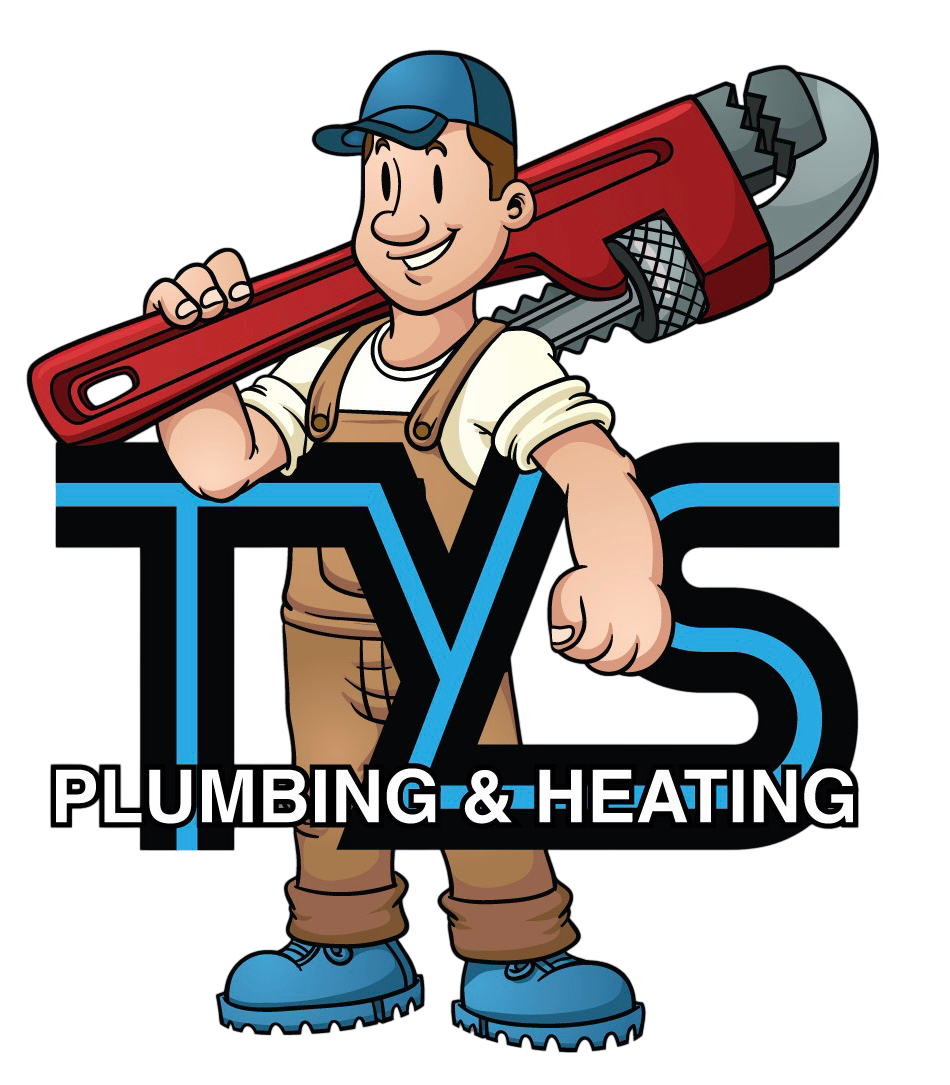Low water pressure is a common problem plenty of homeowners in the Fraser Valley face. It can be very frustrating when you want to enjoy a nice shower, wash the dishes, or even water your garden, and the water pressure just isn’t there. Many factors can contribute to this problem; it could be as simple as buildup in the faucet or showerhead to a more complicated reason like leaking or clogged pipes. We will explore some of the most common issues that can lower water pressure in your plumbing system and the best ways to improve it.
Check for Clogged Pipes
One of the most common reasons for low water pressure is clogged or partially blocked pipes. Over time, mineral buildup, rust, or debris can accumulate in the plumbing system, narrowing the pipes and restricting water flow. This is especially true in older homes in the Fraser Valley, where the pipes may be aging and more susceptible to buildup.
To address this, you can hire a professional plumber to inspect and clean your pipes. Regular maintenance and cleaning can help prevent blockages from affecting your water pressure.
Inspect Your Water Pressure Regulator
Your home’s water pressure regulator controls the pressure of the water coming into your house. If this valve malfunctions or gets damaged, it can cause a drop in water pressure. This is a common issue in older homes or houses with outdated plumbing systems.
If you suspect the water pressure regulator is the culprit, it’s best to call in a professional plumber to test and, if necessary, replace it. A new regulator can significantly improve your water pressure and ensure that your system is working optimally.
Upgrade Your Pipes
In many cases, low water pressure can be the result of undersized pipes that cannot handle the water demand in your home. If you live in an older home in the Fraser Valley, it’s possible that your plumbing was designed for smaller water flow rates. Upgrading to larger pipes can increase the flow of water throughout your home and resolve pressure issues.
While pipe replacement can be a more significant investment, it’s worth considering if you have persistent water pressure problems that aren’t solved by cleaning or adjusting other components.
Fix Leaky Faucets and Pipes
Leaking pipes or faucets can contribute to low water pressure by allowing water to escape before it reaches its destination. If you notice wet spots on your walls, floors, or ceilings, or if you hear a hissing sound when the water is turned on, you may have a leak somewhere in your system.
Even small leaks can add up over time, resulting in a noticeable drop in water pressure. Fixing or replacing damaged faucets and pipes can prevent water wastage and restore pressure. A professional plumber can quickly locate and repair any leaks to improve your water flow.
Install a Pressure Booster System
For homeowners in the Fraser Valley who experience low water pressure due to the natural geography or municipal water supply issues, installing a pressure booster system may be the solution. These systems are designed to increase water pressure by using a pump to push water through your pipes at a higher pressure.
A booster system can be a great option if you’re dealing with consistently low water pressure that can’t be fixed through traditional means. It’s important to have a professional plumber install the system to ensure it’s set up correctly and safely.
Check the Main Water Valve
Sometimes, the cause of low water pressure is as simple as an improperly adjusted main water valve. If the valve is partially closed, it can restrict the flow of water into your home. Check the main water valve to ensure it’s fully open. If you’re not sure how to do this, a plumber can help.
Consider a Water Softener
In areas like the Fraser Valley, where hard water is common, mineral buildup from calcium and magnesium can clog pipes and appliances, further reducing water pressure. Installing a water softener can help reduce this buildup, improving water flow and protecting your plumbing system from long-term damage.
Conclusion
Improving the water pressure in your home doesn’t always have to be a complicated process. By implementing simple measures into your monthly routine, like regularly maintaining your plumbing system and checking for leaks, you can ensure that the water pressure in your home stays strong and consistent. If you notice the water pressure in your home decreasing and can’t figure out why, contact us at TYS Plumbing & Heating today. We are here to help, no matter the day or time.

